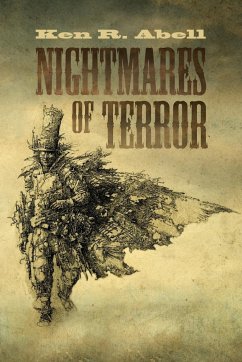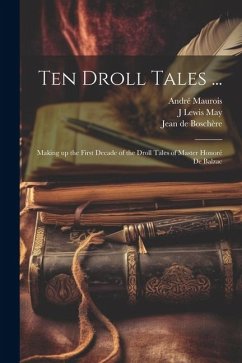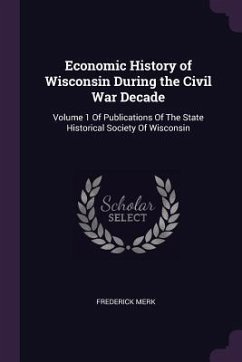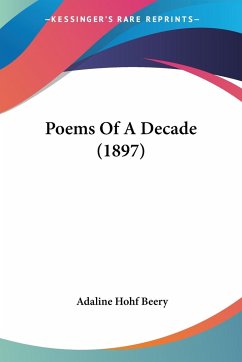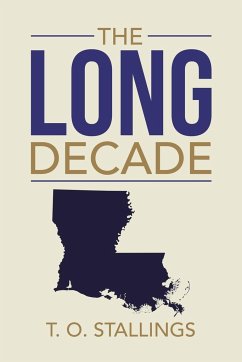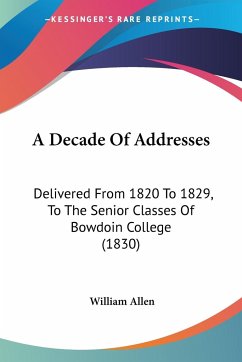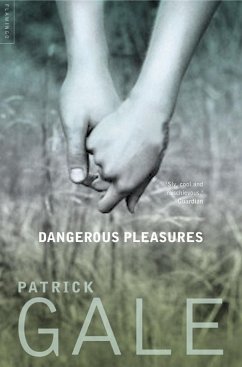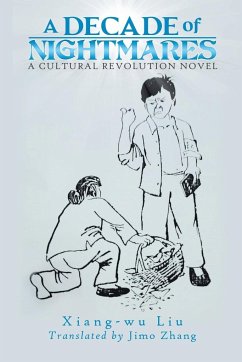
A Decade of Nightmares
A Cultural Revolution Novel
Versandkostenfrei!
Versandfertig in 1-2 Wochen
30,99 €
inkl. MwSt.
Weitere Ausgaben:

PAYBACK Punkte
15 °P sammeln!
Written in the form of satire, this tragic story begins with a false report of two signal flares fired by a class enemy in a small town in South China during Mao Zedongs Cultural Revolution. From 1966 to 1976, a haze of persecution, confusion, and hate befell China. The so-called class enemies were paraded through the streets, and schools were closed. Domestic calamities went head to head with political rebellions while spies ran rampant and property was cruelly confiscated. There was an eventual fight for power as brothers mistreated brothers, wives were stolen, and families murdered. Now, de...
Written in the form of satire, this tragic story begins with a false report of two signal flares fired by a class enemy in a small town in South China during Mao Zedongs Cultural Revolution. From 1966 to 1976, a haze of persecution, confusion, and hate befell China. The so-called class enemies were paraded through the streets, and schools were closed. Domestic calamities went head to head with political rebellions while spies ran rampant and property was cruelly confiscated. There was an eventual fight for power as brothers mistreated brothers, wives were stolen, and families murdered. Now, decades later, these silenced voices are remembered in order to avoid the repetition of history. A Decade of Nightmares reminds us of what is true, good, and beautiful but also what is false, evil, and ugly. This book dissects the soul of a nation from a historical cross-section. It calls for the return of dignity and reveals the brutal persecution of the soul. From the vicissitudes of fate, we see clearly the extent and depth of the devastation caused by a decade of disaster.




